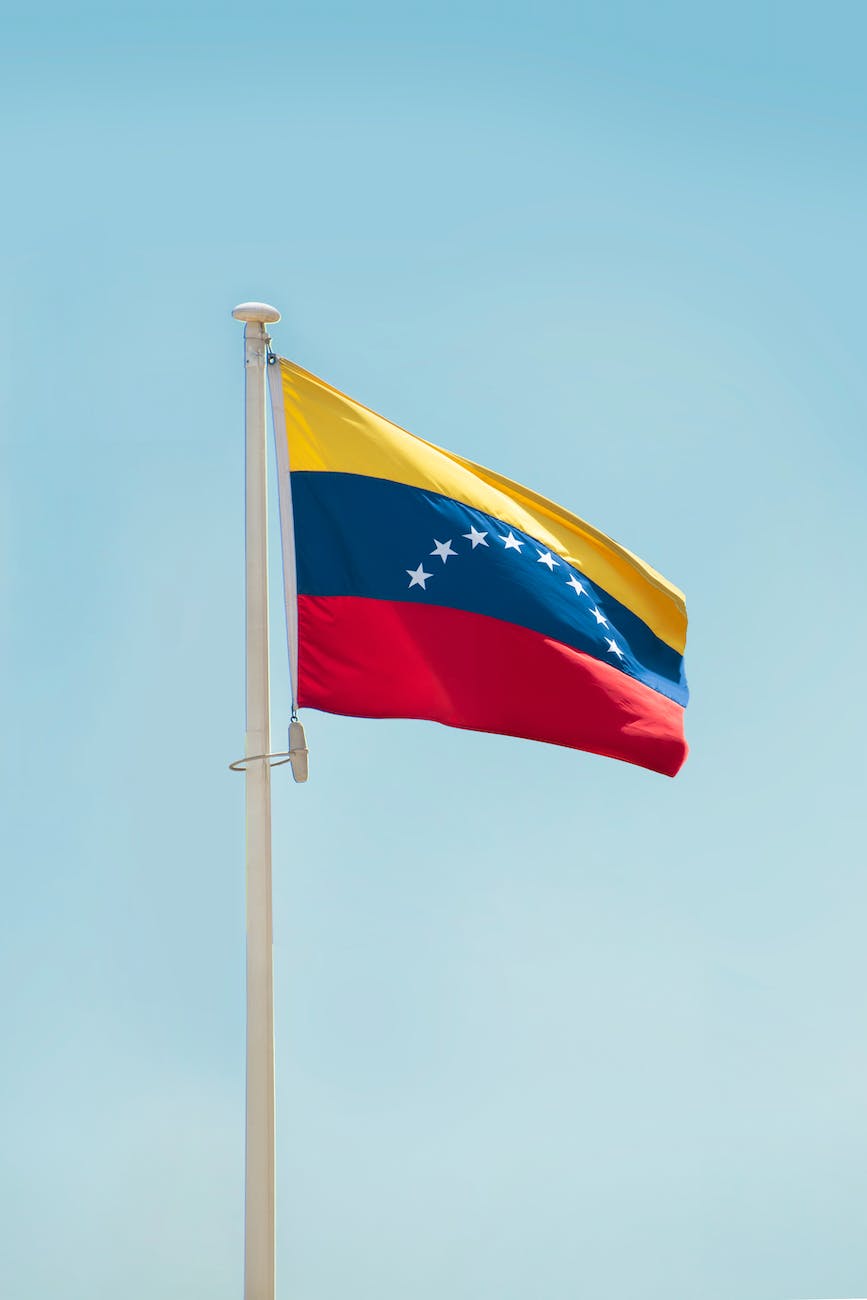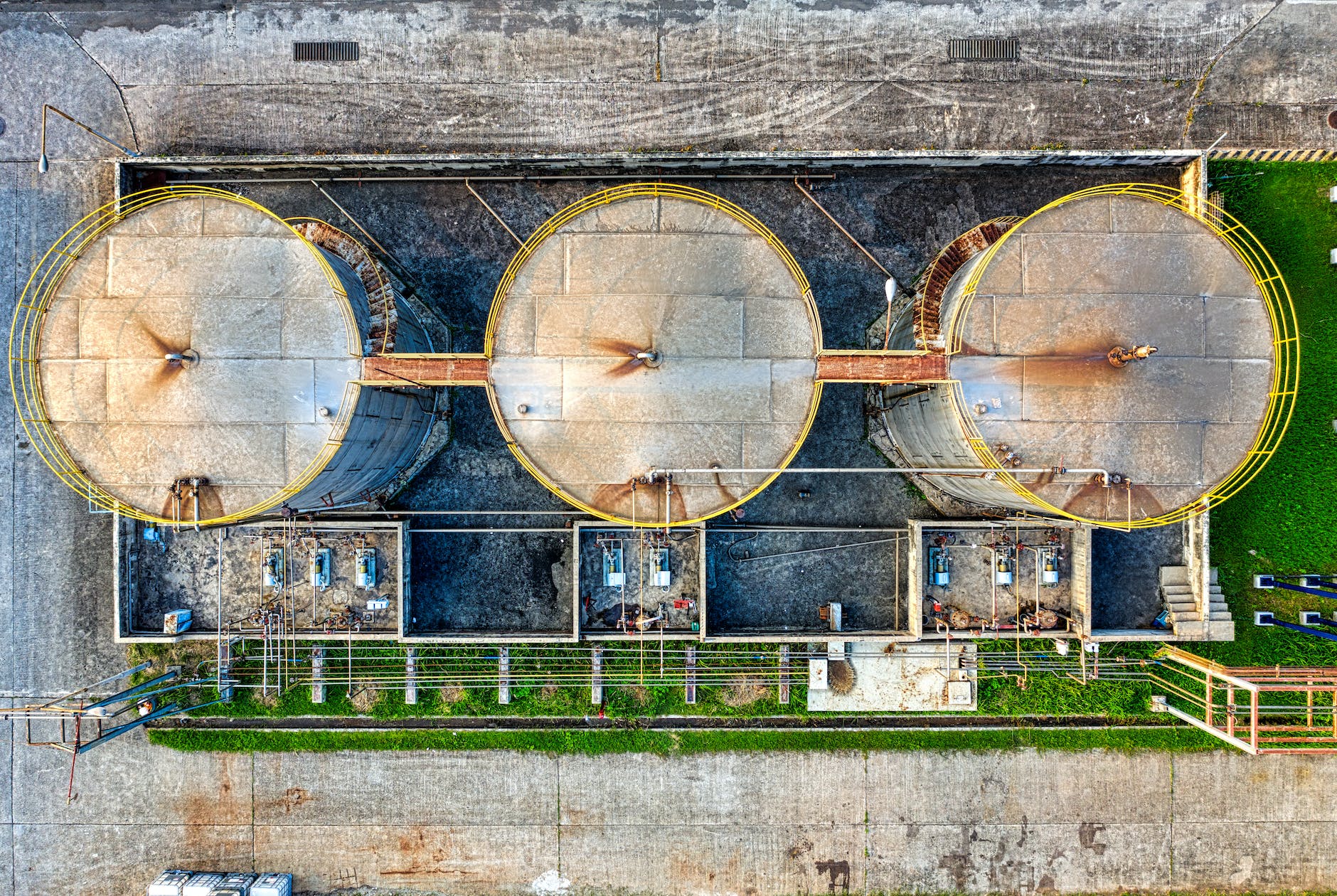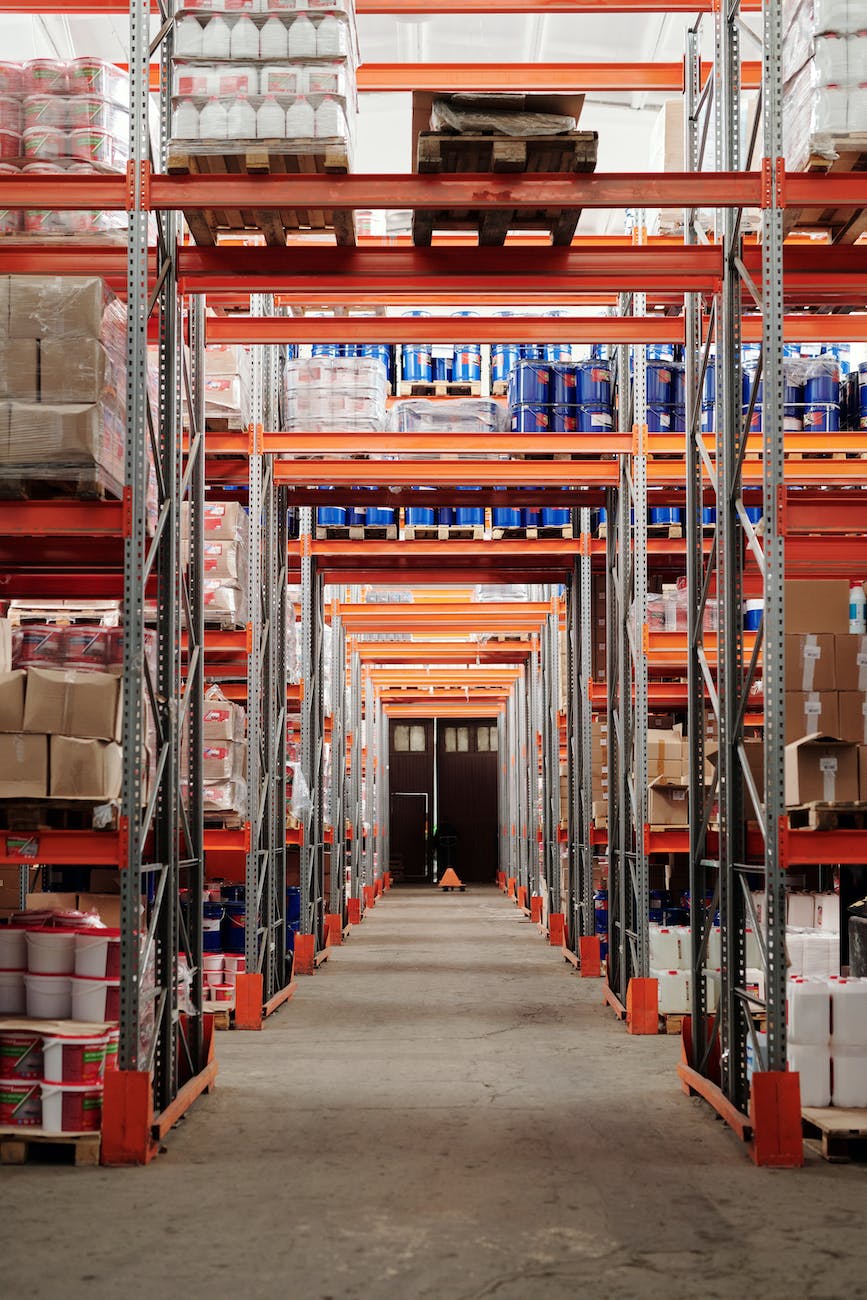Despite OFAC Sanctions Relief, the Venezuelan Oil and Gas Industry Still Presents Risks

Matt Stankiewicz, Partner at The Volkov Law Group PC, provides important context regarding OFAC’s new General Licenses under the Venezuela Sanctions Program. Matt can be reached at [email protected].
As we discussed previously, the U.S. Department of Treasury’s Office of Foreign Assets Control (“OFAC”) recently provided Venezuela with much needed sanctions relief. Specifically, OFAC issued General License 44 (among others) that broadly authorizes transactions related to Venezuela’s oil and gas industry that were previously prohibited by the Venezuelan Sanctions Regulations. Venezuela’s oil and gas industry is a key driver of revenue for the country and this License should help resuscitate the beleaguered country’s economy. In return, the Venezuelan Government agreed to various conditions at the behest of the U.S. State Department. These agreements include instituting and following an electoral roadmap to provide a democratic process for the Venezuelan citizens. The sanctions relief is completely contingent on Venezuela’s ability to comply with these agreements.
General License 44 is especially important as it specifically notes that all transactions with Petróleos de Venezuela, S.A. (“PdVSA”), the Venezuelan state-owned oil company, is covered by the license. This includes all entities in which PdVSA owns a 50-percent or greater interest. However, the License is even broader than just PdVSA, as it’s sectoral based, meaning it authorizes all transactions with Venezuela’s oil and gas industry generally, without regards to the entity involved (subject to certain key limitations).
General License 44 provides a list of transactions that are authorized as examples in order to better delineate exactly what companies can pursue. The list of examples is considered non-exhaustive—meaning, even transactions that are not specifically outlined in that list will still be authorized by the License. Those examples are as follows:
- Production, lifting, sale, and exportation of oil or gas from Venezuela, and provision of related goods and services;
- Payment of invoices for goods or services related to oil or gas sector operations in Venezuela;
- New investment in oil or gas sector operations in Venezuela; and
- Delivery of oil and gas from Venezuela to creditors of the Government of Venezuela, including creditors of PdVSA Entities, for the purpose of debt repayment.

While General License 44 opens broad business opportunities with Venezuela, companies should be acutely aware of specific risks that go along with that. Some of these risks are inherent with conducting business in the Venezuelan market, while several others are risks associated with operating pursuant to a General License.
First and foremost, the relief associated with General License 44 is contingent on specific actions by the Venezuelan government. Within a few days of the publication of General License 44, concerns have already manifested over the Venezuelan government’s willingness and/or capability to comply. At the end of October, the Venezuelan Supreme Court suspended the results of a primary vote to choose the opposition candidate for the upcoming presidential elections. Should these actions continue, OFAC may either decline to renew General License 44 or simply revoke it immediately. Companies should keep a close eye on these developments as long as they continue to pursue business with Venezuela.
Now, let’s assume the worst. If this license is revoked, there is no guarantee that OFAC will provide a “wind down” period for transactions that are already in progress. As such, if the license is immediately revoked, companies would be responsible for stopping any transactions in progress where they still have an interest in the goods. As an example, if companies were to still hold title to goods that were currently in transit to Venezuela when the license is revoked, then companies must forbid the vessel from delivering those goods, because delivery at that point would then constitute a sanctions violation. Keep in mind that sanctions are a strict liability offense. It is no defense to say that a vessel captain ignored these orders. Further, if companies have procured or produced goods intended for Venezuela, though not yet shipped them, and then the license is revoked, these companies would then be forced to hold those goods as blocked property until obtaining a Specific License.
As an illustrative example, we are currently working with a client who had transactions in progress with PdVSA prior to PdVSA’s designation on the SDN List. When PdVSA was designated, the client determined it could not complete the transaction within the wind down period. As such, they held on to the physical goods in warehouses in the U.S. and applied for Specific Licenses. OFAC finally granted the licenses three years later, all while the client accrued significant warehousing fees just to hold the goods. Our client could not even dispose of the goods without a Specific License. To add insult to injury, General License 44 specifically notes that all property previously blocked pursuant to the Venezuelan sanctions, as would be the case in this example, are not unblocked and are still considered blocked property.

It creates an extremely difficult situation for many companies, especially for those that are transacting with physical goods. Ultimately these regulations were established with financial institutions in mind. Holding blocked funds is relatively easy, it’s basically a ledger entry. There are minimal fees associated with that blocked property. However, as sanctions regulations have continued to grow over the years, these same regulations are being applied to physical goods, which causes companies all sorts of issues. To be clear, the sanctioned party can be liable to those continued costs, however it can be difficult to collect. First, a Specific License would be required for collections. Second, what incentive does the sanctioned party have to even pay those costs? They’re unlikely to get that property any time soon, and if they can’t transact with these companies going forward, why bother worrying about burning bridges?
Finally, understand that the sanctions program has already caused significant financial distress to Venezuela and its entire oil and gas industry. As such, many companies operating in the industry may be illiquid. It is highly recommended that companies require Venezuelan companies to pay up-front for any goods they wish to procure. This will ensure that companies have already collected payment should General License 44 suddenly be revoked. It is much easier to sit on blocked funds waiting for a Specific License to refund them, than it is to be waiting for a Specific License to collect what is owed.















